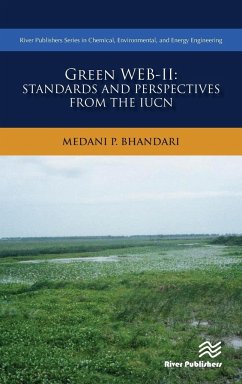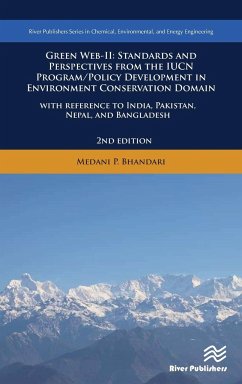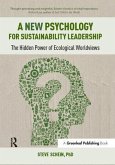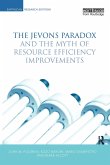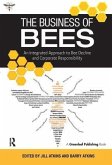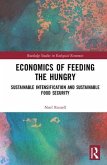In dealing with the IUCN, one must bear in mind that there never has been, and undoubtedly never will be, any other organization even remotely resembling it. Its peculiarities, subtleties and complexities are sometimes mind-boggling (Nicholson 1990 in Holdgate 1999: ix). Green Web-II investigates IUCN's role in global biodiversity conservation policy as well as in national program development in India, Pakistan, Nepal and Bangladesh. It explores how nature protection priorities and approaches are promoted or addressed by IUCN, an international organization, and how environment conservation policies are created and maintained in states with different capacities of South Asia. It also evaluates IUCN's competency in bio-diversity, climate change, nature conservation and environmental policy formulation at global, regional and country level. This study is the first detailed scholarly study on the IUCN as an organization as well as on its efforts in biodiversity conservation. This book adds to our knowledge, firstly by contributing to a small but growing body of work on the sociology of international organizations. IOs, especially International Governmental Organizations (IGOs), have long been the subject of mostly political science. Secondly, it applies a fuller sociological imagination to the study of IOs by critically exploring one of the largest and most active nature conservation organizations in the world. Thirdly, it also explores how the IUCN actually goes about building protectoral programs with individual member nations. Additionally, the book explores the recent development of the green economy (GE) concepts into IUCN's program planning today. The green economy initiative applies a people-first approach. Although the concept is relatively new, this research explores the theoretical development of a green economy and illustrates how this theory is applied in IUCN's program planning to program implementation. Technical topics discussed in the book include: Motivation of Environment Conservation - How personal efforts make difference Role of International Environment Conservation Organizations Political Economy of Organizations, Network theory, Institutional theory, Stakeholder theory, Governance theory Governance performances and Competitiveness Popularity indices Knowledge creation and diffusion Conservation commons
Hinweis: Dieser Artikel kann nur an eine deutsche Lieferadresse ausgeliefert werden.
Hinweis: Dieser Artikel kann nur an eine deutsche Lieferadresse ausgeliefert werden.

